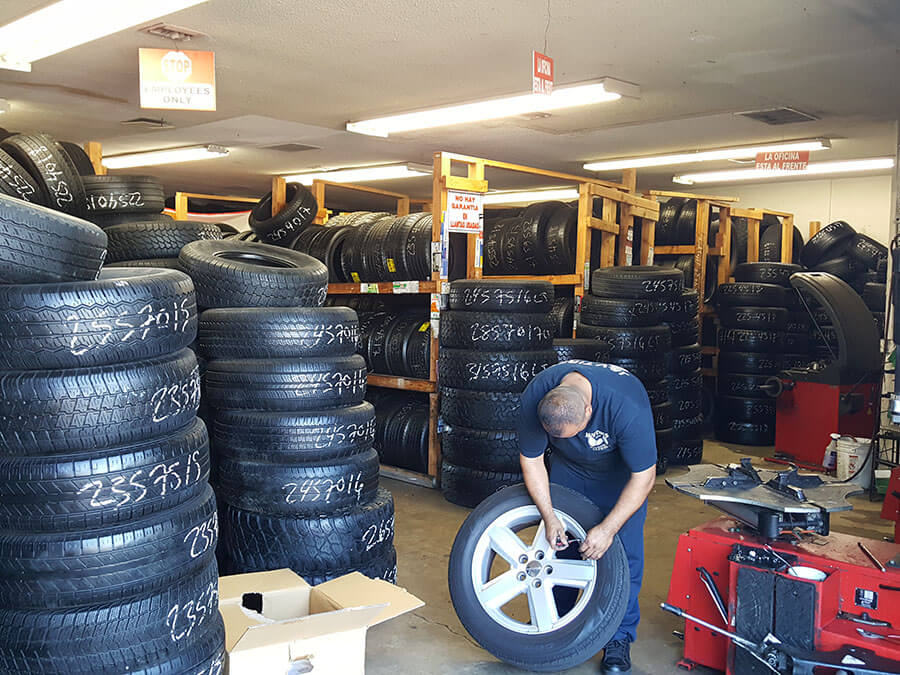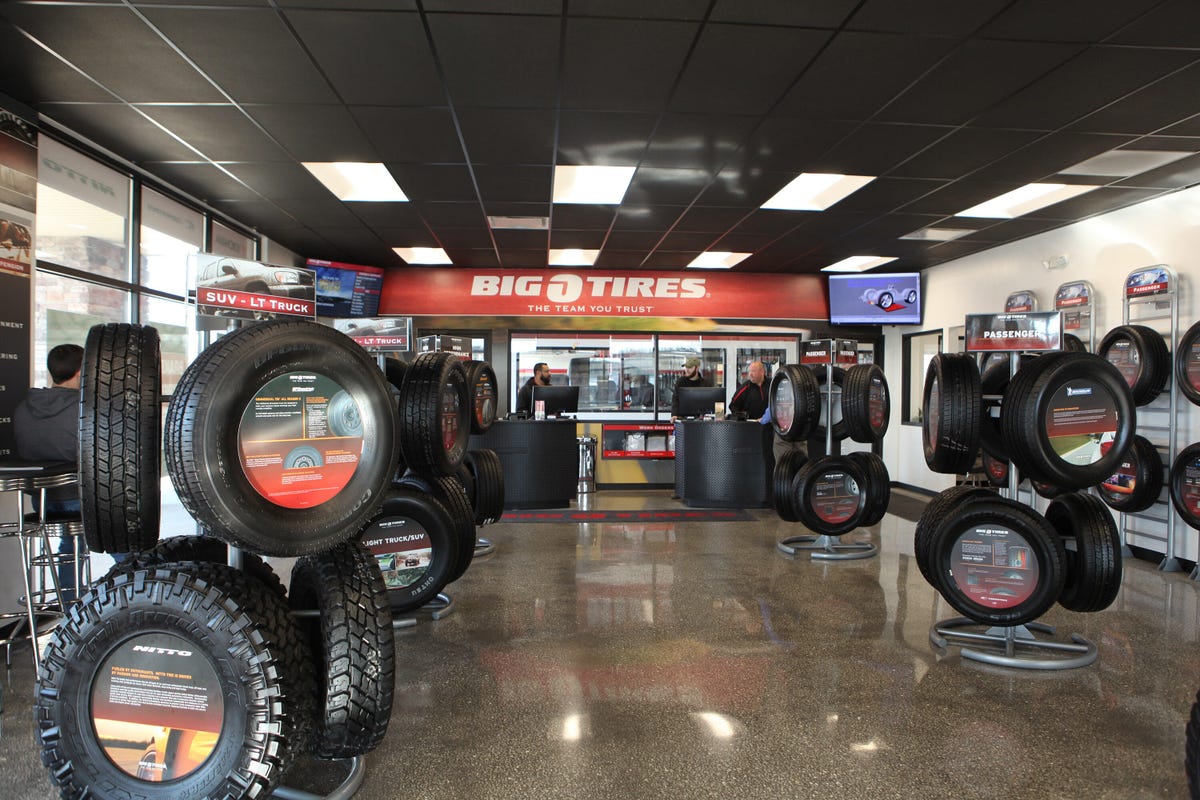Top Quality Tire Shop Morris: Your Best Destination for Tire Requirements
Top Quality Tire Shop Morris: Your Best Destination for Tire Requirements
Blog Article
Tire Solution: Comprehending Tire Stress Surveillance Equipments
Understanding Tire Stress Monitoring Equipments (TPMS) is a crucial element of maintaining optimum automobile performance and safety on the road. With innovations in automobile technology, TPMS has actually come to be a basic feature in modern cars, giving real-time info on tire stress degrees.

Value of TPMS
The relevance of Tire Pressure Tracking Equipments (TPMS) lies in their ability to improve vehicle safety and security and performance via real-time tracking of tire stress levels. Keeping the right tire pressure is important for making sure optimal handling, stopping, and general safety of an automobile. TPMS gives vehicle drivers with prompt feedback on any kind of overinflated or underinflated tires, allowing for prompt adjustments to be made.
Parts of TPMS
Sensors are usually situated in the tire valve stem or attached to the wheel setting up, where they determine tire stress and transmit data to the control module. Some progressed TPMS versions additionally display the real tire pressure analyses for each tire, supplying motorists with real-time information to make certain optimum tire efficiency and safety and security. By checking tire stress continuously, TPMS assists protect against mishaps, reduces tire wear, and improves gas efficiency, making it a critical component for vehicle safety and performance. morris tire and alignment.
Sorts Of TPMS

On the other hand, indirect TPMS relies on the car's wheel speed sensors to monitor tire stress. This system detects underinflation by contrasting the rotational speeds of the wheels. Indirect TPMS is much less expensive than straight TPMS, as it makes use of existing sensors within the car.
While straight TPMS supplies extra precise readings, indirect TPMS is easier in layout and usually requires much less upkeep. Both systems have their limitations and advantages, and the option between them frequently depends on elements such as expense, lorry make, and personal choice. Comprehending the distinctions in between these 2 sorts of TPMS can aid automobile proprietors make informed choices pertaining to tire upkeep and safety and security.
TPMS Maintenance Tips
Conduct regular checks on the tire stress degrees and compare them with the TPMS analyses to guarantee they are regular. During tire rotation or substitute, make sure that the TPMS parts are taken care of thoroughly to protect against any type of prospective damage. If the TPMS alerting light brightens on the control panel, address find out this here the issue without delay by examining the tire stress and the overall system for any type of faults.
Advantages of Proper Tire Pressure
Keeping correct tire pressure, as emphasized in TPMS Maintenance Tips, is essential for reaping the many benefits related to optimal tire stress degrees. One of the primary benefits of keeping the right tire pressure is enhanced gas effectiveness. When tires are effectively blown up, there is much less moving resistance, causing far better gas economy. In addition, appropriate tire pressure makes certain even tire wear, extending the life expectancy of the tires and advertising more secure driving conditions. With the right tire stress, vehicles also have better handling and grip, specifically in damaging climate condition. This can enhance overall driving performance and security for the driver and travelers. Additionally, maintaining optimal tire stress can add to a smoother and extra comfortable ride by reducing vibrations and noise brought on by underinflated tires. Finally, the benefits of appropriate tire pressure go past just tire longevity; they include enhanced fuel efficiency, improved security, much better car efficiency, and total driving comfort.
Final Thought
In verdict, comprehending tire stress tracking that site systems (TPMS) is crucial for maintaining optimal tire pressure and making sure lorry safety and security. By recognizing the relevance of TPMS, knowing with its parts, recognizing the various types available, adhering to appropriate upkeep tips, and realizing the advantages of preserving appropriate tire stress, vehicle drivers can enhance their driving experience and lengthen the lifespan of their tires. Appropriate tire stress is key to effective and safe automobile procedure.

Report this page